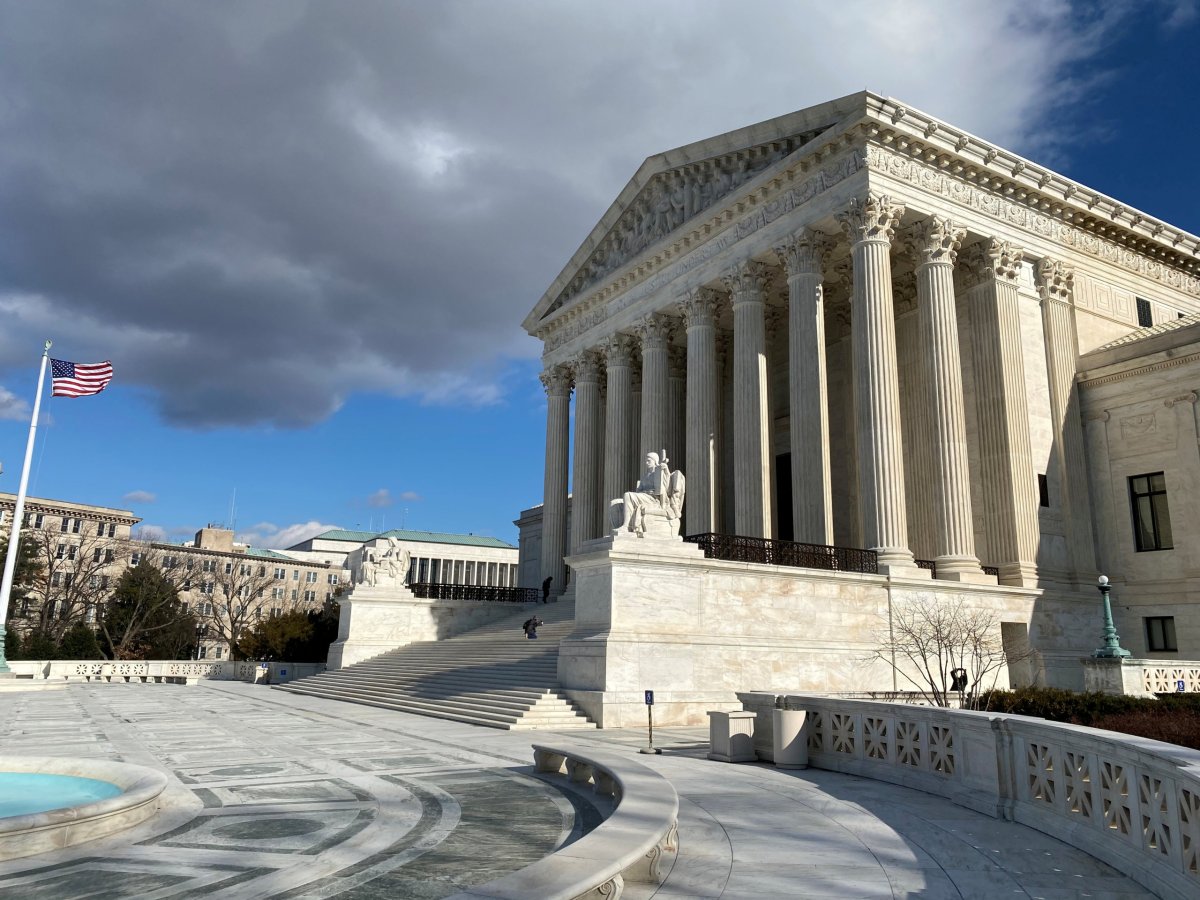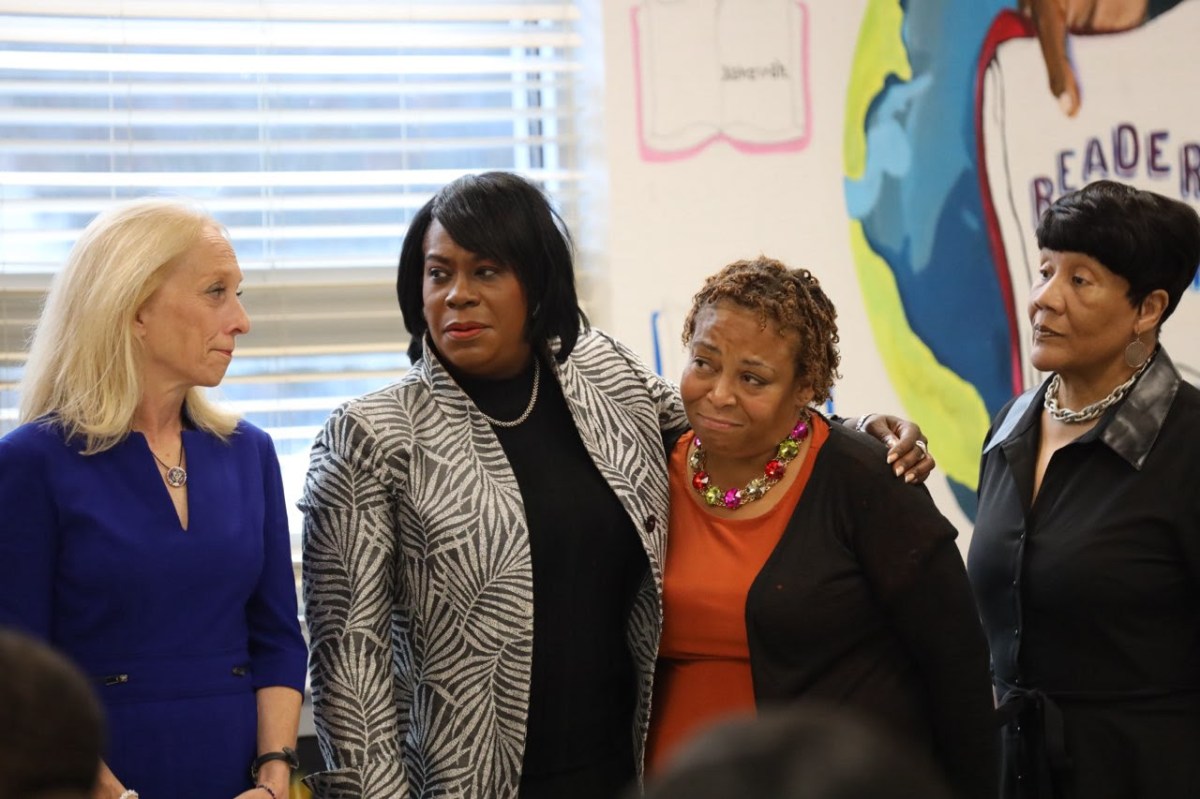WASHINGTON (Reuters) – The U.S. Supreme Court on Friday postponed oral arguments scheduled for April as a result of the coronavirus pandemic and is considering alternative options for handling the various outstanding cases.
The court, which already had delayed cases due to be argued in March, has yet to say how it will proceed. The court’s current term is due to conclude at the end of June.
Court spokeswoman Kathy Arberg said that the nine justices – including oldest member Ruth Bader Ginsburg, 87 – are all healthy.
The court is due to issue rulings online only on Monday, as it has in the last two weeks.
Among the April cases to be delayed is a dispute over the complex U.S. presidential election system focusing on whether Electoral College electors are free to break their pledges to back the candidate who wins their state’s popular vote.
The court on March 16 announced it would postpone indefinitely the March round of oral arguments, including a high-profile dispute over whether President Donald Trump’s tax and financial records can remain secret.
If cases cannot be heard in the courtroom before June because of health reasons the court would consider “other alternatives” to resolving them, Arberg said, without giving specifics.
Other courts have held oral arguments by teleconference. The court could also choose to decide cases without hearing oral arguments.
The virus has proven to be particularly dangerous to the elderly and people with pre-existing medical conditions. Six of the nine justices are 65 or older, including three over 70: liberals Ginsburg and Stephen Breyer (81) and conservative Clarence Thomas (71).
Ginsburg has experienced a series of recent health issues, including treatment in the past two years for pancreatic and lung cancer.
(Reporting by Lawrence Hurley; Editing by Franklin Paul, Howard Goller and Sonya Hepinstall)





















